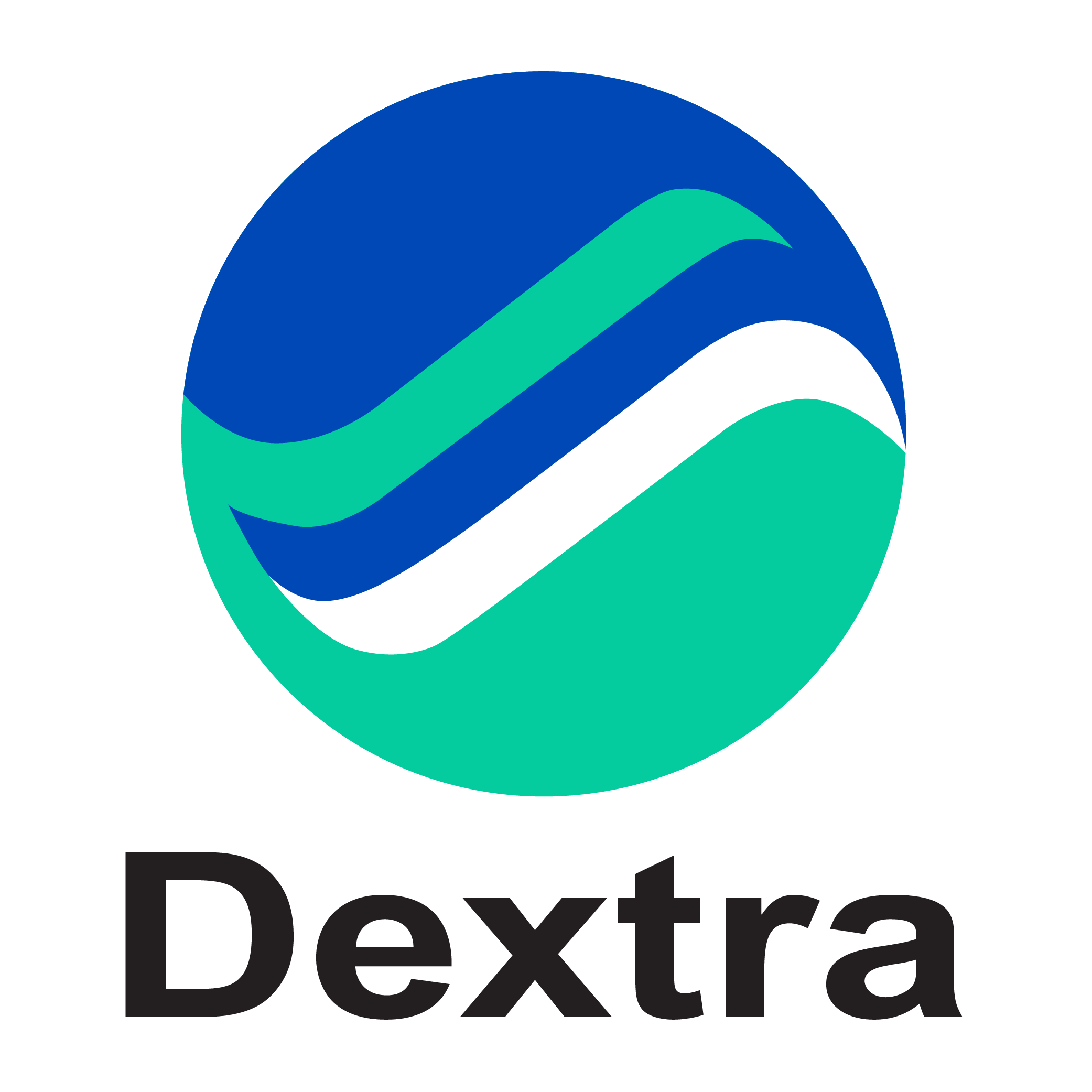Jal Jeevan Mission Water Reservoirs, India
The Jal Jeevan Mission of the Government of India is a flagship initiative where attempts are made to ensure adequate supplies of quality drinking water at affordable rates on a long-term basis. It emphasizes the importance of proper water management, infrastructure development, and community participation to achieve the ambitious goal of ‘Har Ghar Jal’ (Water to Every Household).
Considering the widespread geography of India, uneven terrain, and human settlements in remote locations, access to continuous water is a challenge. Therefore, overhead tanks are a good option for efficiently storing and distributing water, particularly in areas with inconsistent water supply patterns. Construction and infrastructure development are yet another key factors that have a direct influence on development.
Precast construction is one such method that has gained tremendous momentum in recent times due to its advantages, such as accelerated productivity, better quality control, environmental friendliness, and optimized material and labor usage. Although this method incurs high initial setup costs, its attractiveness is enhanced by large-scale projects with standardized designs. In the project, our team worked in close coordination with Larsen & Toubro (L&T) from the design stage, carefully selecting Groutec and Bartec couplers to connect the H and U frames of the overhead tanks.
Our range of Groutec couplers is arguably the most reliable mechanical splices, specially designed to connect two precast elements with no requirement for in-situ wet concrete joints. These couplers have been successfully qualified and tested over the years on several major infrastructure projects, including process plant pipe racks, residential and commercial buildings, and data centers, among others.












